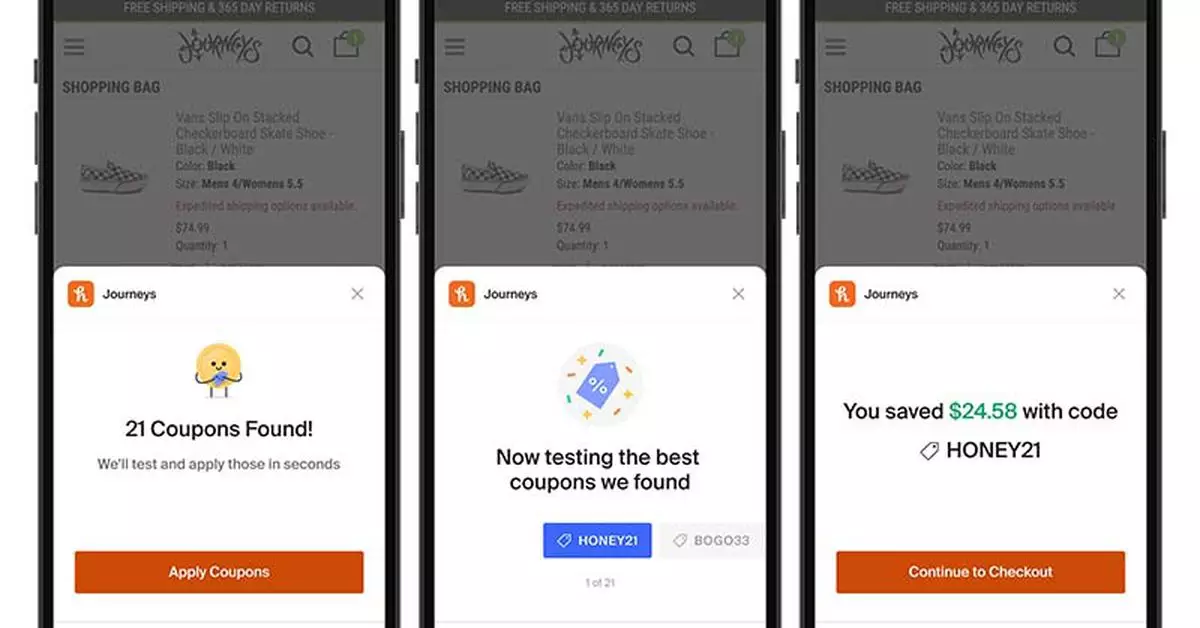In the fast-paced world of online shopping, consumers are always on the lookout for tools that can enhance their buying experience. One such tool is the PayPal Honey browser extension, which promises users the ability to find the best deals and discounts. However, recent controversies have emerged questioning the integrity of Honey’s functionalities. This article seeks to dissect these claims and explore both sides of the debate, providing a nuanced perspective on whether PayPal Honey truly benefits consumers or if it operates under dubious practices.
Understanding Honey’s Promises
At its core, Honey positions itself as a digital coupon aggregator, designed to automatically locate and apply promo codes during online checkouts. The convenience it provides—eliminating the need for users to hunt for deals manually—has made it a popular choice among frequent online shoppers. According to Honey, the extension searches the entire web for valid coupon codes, purportedly delivering the best possible savings for its users. However, critics argue that the reality is far from this promise.
In a recent video, YouTuber MegaLag labeled Honey a “scam,” claiming it fails to deliver on its foundational promise of maximizing discounts while compromising the interests of influencers. This assertion is particularly alarming given that many influencers rely on affiliate marketing to support their content creation efforts. MegaLag argues that Honey often shows its own branded deals while ignoring better offers available through a simple online search. This situation raises questions about Honey’s transparency and commitment to providing genuine savings.
Furthermore, the potential hijacking of affiliate revenue has further ignited controversy. When users click an affiliate link leading to an online store, Honey replaces this link with its own tracking URL when a deal pop-up appears, frustrating those influencers whose efforts are undermined. This behavior raises ethical concerns as it diverts revenue that would normally go to the content creators who invested time and resources to promote products.
Industry Response
Adding to the complexity, PayPal’s corporate communications team, represented by VP Josh Criscoe, asserted that Honey operates within established industry norms, including the practice of last-click attribution. While last-click attribution is commonplace in digital marketing, the practice can lead to contentious outcomes, especially for influencers who may feel shortchanged by Honey’s involvement. In light of these revelations, some influencers have taken to social media, warning their followers to use Honey’s codes cautiously or in separate browsers to avoid losing affiliate credit. Such practices further highlight the tension between user convenience and ethical affiliate marketing.
Despite the backlash, Honey’s popularity persists. It reportedly features in thousands of sponsored videos across the YouTube platform, leaving consumers in a dilemma. The undeniable convenience of having potential savings at their fingertips is hard to deny, yet the ethical implications of its functioning evoke scrutiny and concern. Even traditional media outlets, such as The Verge, have recently reevaluated their endorsements of Honey, indicating that the topic is not being taken lightly within the tech journalism community.
The growing concerns regarding the PayPal Honey browser extension serve as a stark reminder of the complexities within the online shopping ecosystem. On the one hand, users seek savings, while on the other, ethical considerations surrounding affiliate marketing raise questions about trust and transparency. As consumers navigate this nuanced landscape, it is crucial to stay informed about how tools like Honey operate and the effects they may have on the wider influencer economy. By remaining discerning and critically evaluating the products and services they use, consumers can make more informed decisions that align with their values and financial goals.
As the discussion surrounding Honey continues, it will be essential for both the company and its users to engage thoughtfully with these evolving narratives to foster a transparent and fair shopping environment.

